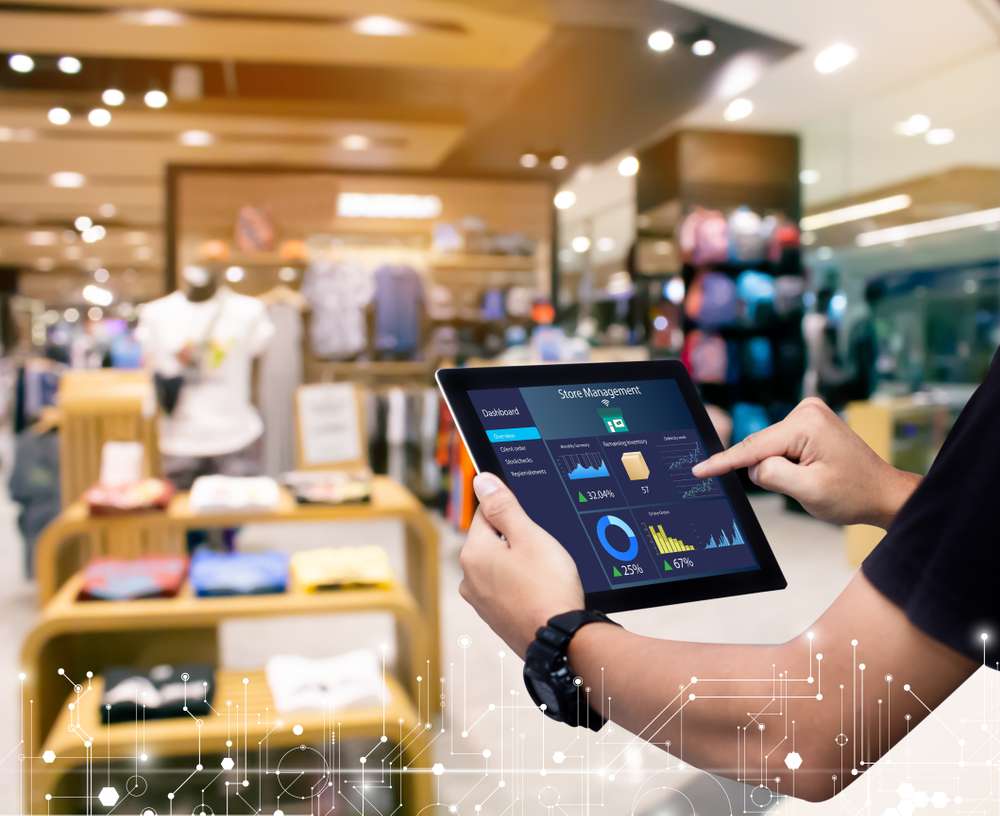Real-Time Footfall Data for Your Store
Gain a much better understanding of your customer traffic, enabling you to make better decisions that will drive business success.
Analyze and Manage Customer Behavior
Make more informed decisions on how to optimize your store’s operations and increase your profits.
Predictive Analysis for Improved Efficiency
Better manage your store to boost profitability, and gain insights of the overall market, allowing you to adjust your strategies accordingly.
Data analytics to power your business.

People Counting Solution
We empower global organizations and businesses with the latest footfall counting solution. Through our cutting-edge people counter and robust AI-based analytics platform, we help businesses analyze footfall traffic, make informed decisions based on data, and boost your revenue.
Our people counter isn’t just about numbers; it’s about transforming your malls, retailers, shopping centers, stores and businesses into a dynamic, visitor-centric haven.
Automate Sales Data Analytics
Improve mall performance and revenue with an advanced sales data collection solution. Without any effort, automatically collect and evaluate tenant sales data from POS.
Our innovative tenant revenue management solution assists shopping centers and malls in collecting sales data from tenants’ POS systems automatically. This ensures data accuracy and tenant revenue management which leads to correct profit sharing from the tenants.


Wifi Analytics Solutions
Advacned WiFi analytics solution helps to reveal KPIs such as visitor traffic, dwell times, and churn likelihood. The data we provide can be used to improve operations, activate marketing campaigns, and track campaign outcomes.
Xpandretail WiFi analytics solution system allows businesses to create databases with contact information and demographic data. Similar to web analytics or Google analytics our solution helps you leverage the Guest WiFi platform over your existing network.
AI Predictive Analytics
AI-powered predictive data analytics system developed by Xpandretail is designed specifically for intelligent retailing. Our technology uses artificial intelligence to transform corporate operations.
Through data-driven decision-making, you can achieve strategic business goals and scalability. We at Xpandretail use AI to produce accurate business forecasts, shrewd decisions, impactful marketing campaigns, and beyond.



Our Clients



- Copyright 2023 Xpandretail







